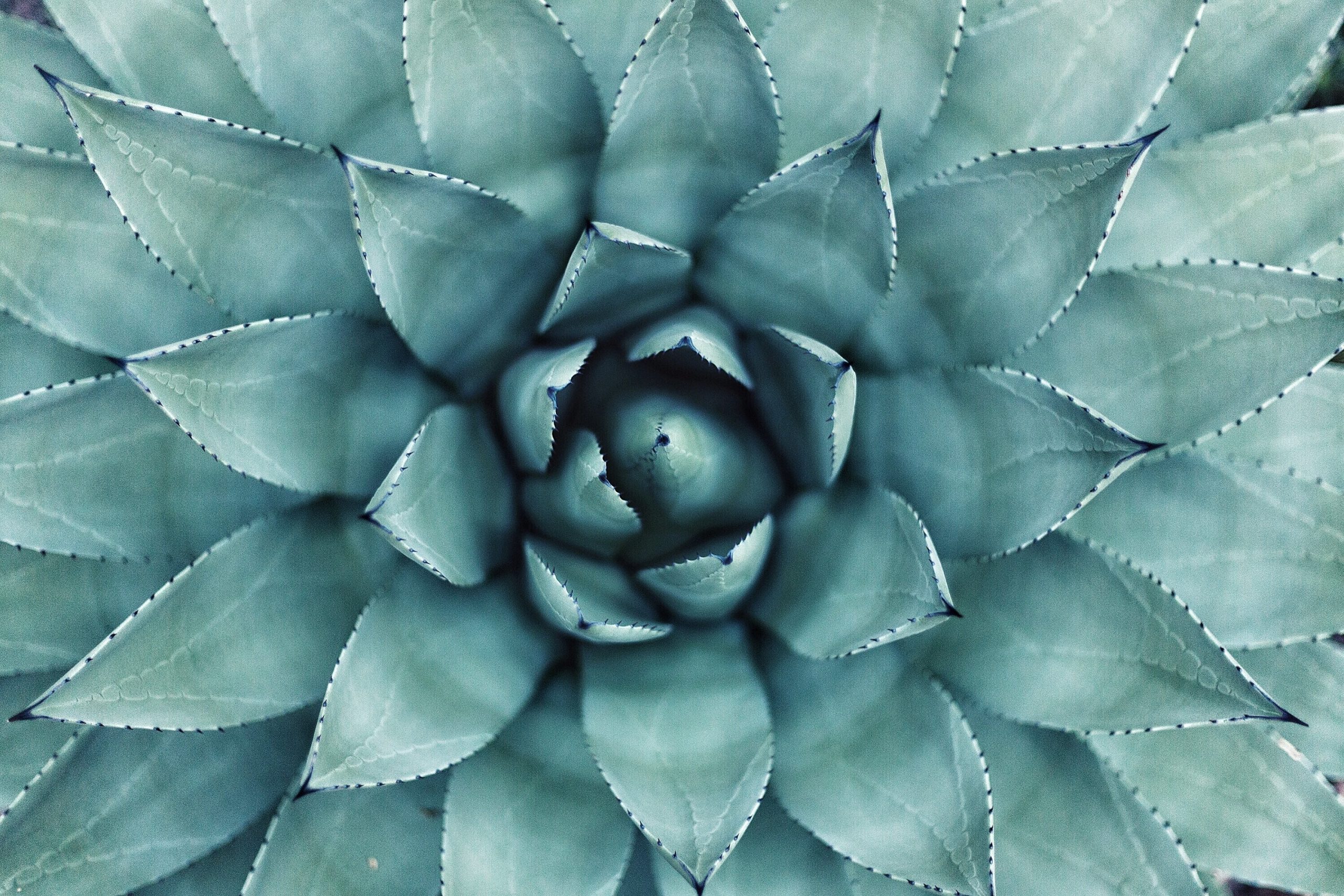Being a perfectionist is one of those things you’re supposed to say in an interview when they ask what your weaknesses are. It’s made to sound like a bad thing that you sneakily turn into something good. (Does anyone actually do this anymore, or is it too well known now?) In my case, it could legitimately be one of my worst qualities, and I’m not saying that in the ‘it’s actually a good thing’ way.
The Dark Side of Perfectionism
Perfectionism actually creates a lot of problems for people who struggle with it. It can make you feel like because something isn’t perfect, it’s not worthwhile. In this day and age, where so much is freely available on the internet for us to compare ourselves to, it becomes particularly dangerous. It can make you feel bad about yourself, your work, or your situation. It can lead to discouragement or demotivation. If you’re a perfectionist, too, this might be starting to sound really familiar; I know it does for me.
In fact, I would say that my two worst qualities are that I am both a perfectionist and impatient. It is a lethal combination when it comes to my productivity levels. Why? Because On one hand, I feel like if it’s not going to be perfect, I won’t be happy with the result. This can stop me from even starting something in the first place. On top of that, being impatient means I want to get things done quickly and efficiently, which doesn’t give me a lot of bandwidth to take the time to achieve the perfection that I’m striving for. So even when I finally do start something, it’s hard to stick with it.
For these reasons, I’ve been working really hard at trying to let some of this perfectionism go over the years, and especially more recently. I have dreams that I want to achieve and in order to do that, I need to work hard and get a lot done, and I can’t worry about whether it’s perfect or compare myself and what I’m doing to what others out there are doing, too. It’s a constant struggle but I’ve found some ways that help me release my perfectionism, which has helped me be a lot more productive.

How to Get Over Being a Perfectionist
The first step is to learn to recognize perfectionism when it rears its ugly head. Sometimes it can be disguised – we might think we’re just tired when we’re not feeling motivated, or attribute it to our mood changing when we feel down on ourselves. But if you really think about what the root cause of those feelings are, you might start to recognize that those negative feelings are generated by perfectionist thought patterns. Once you learn to recognize those patterns, it’s the first step to being able to push past it.
Something to keep in mind when you are trying to push past those thought patterns is to change your goal to progress, not perfection. As long as you can at least see yourself improving at something or taking steps, however small, towards your goal, that is what you should consider success. Life is not necessarily just about achieving our goals; a lot of life happens while we’re working toward something, in the moments that make up each day, and the little changes you make. A great way to stay mindful of this is to track your progress so that you can measure your improvement; this way it becomes more concrete.
Another tip is to start feeling more comfortable with the idea of imperfection; even try to look for beauty in the imperfections. Things that aren’t perfect are unique, which makes them interesting and wonderful. A great example of this is the Japanese art of Kintsugi, where broken bowls are repaired using in a way that emphasizes the way it was broken instead of concealing it (an awesome sustainable living hack, might I add!) There is always a lesson to be learned from imperfection – things like humility and compassion.
Taking Action Against Perfectionism
While reading all of this can be helpful, some of us might need to get a little more hands-on in our approach to getting over perfectionism. I’ve found that actually practicing activities that don’t allow for perfection is a great way to get over it. For example, watercolour painting has helped me a lot. I love to draw and paint, but it’s one of those things I would get frustrated with because I really needed to spend a lot of time honing my skills, and it still wouldn’t turn out exactly how I wanted it. With watercolours, I really don’t have a lot of control over where the paint goes or how it ends up; it honestly has a mind of its own. Using this medium forces me to relinquish control and just accept the outcome, whatever it is.
If you’re not into painting, try doing something that you know you will fail at. It can be something you’ve tried before and haven’t succeeded with. Or, something you’ve just made up your mind that you’re not good at. The worst that could happen is that you will fail, and you might feel a little embarrassed. But you’ll also learn that it’s really not so bad. Failure is a part of life; it’s one of the main ways we learn and grow. And the best that could happen? Perhaps you’ll improve, and maybe down the road you’ll actually prove yourself wrong and succeed.
If you’re interested in this topic, I’d highly recommend reading The Gifts of Imperfection by Brené Brown. I read it a few years back and it was one of my first steps in overcoming my perfectionism. If there is one thing I can leave you with to take away from this article, it’s to remember that you are enough, just as you are – imperfections and all.
Thanks for reading!
Emily
Pin for later:

Featured photo by Erol Ahmed on Unsplash

